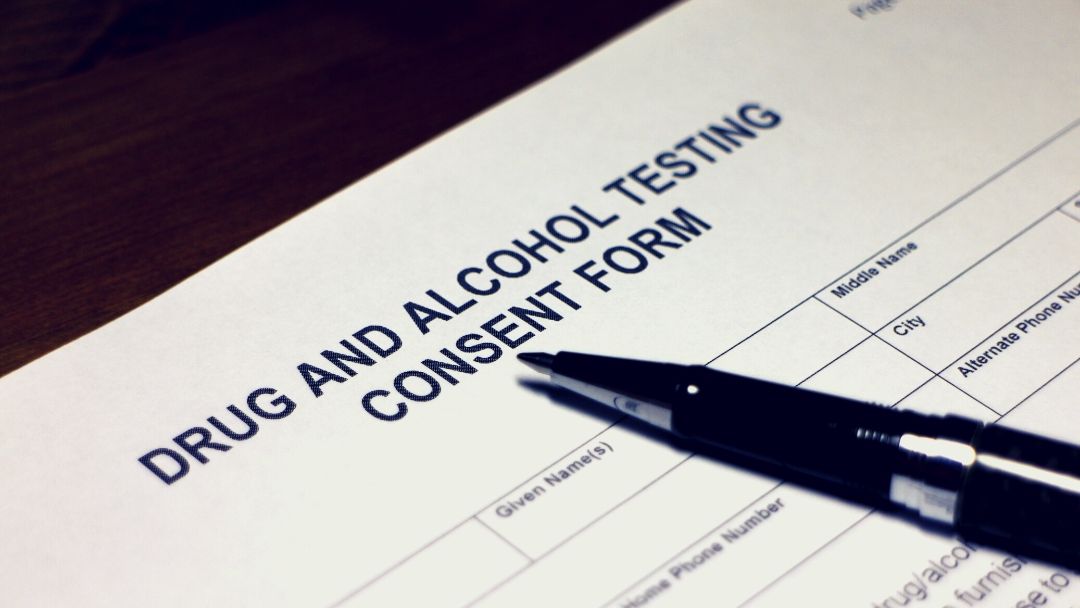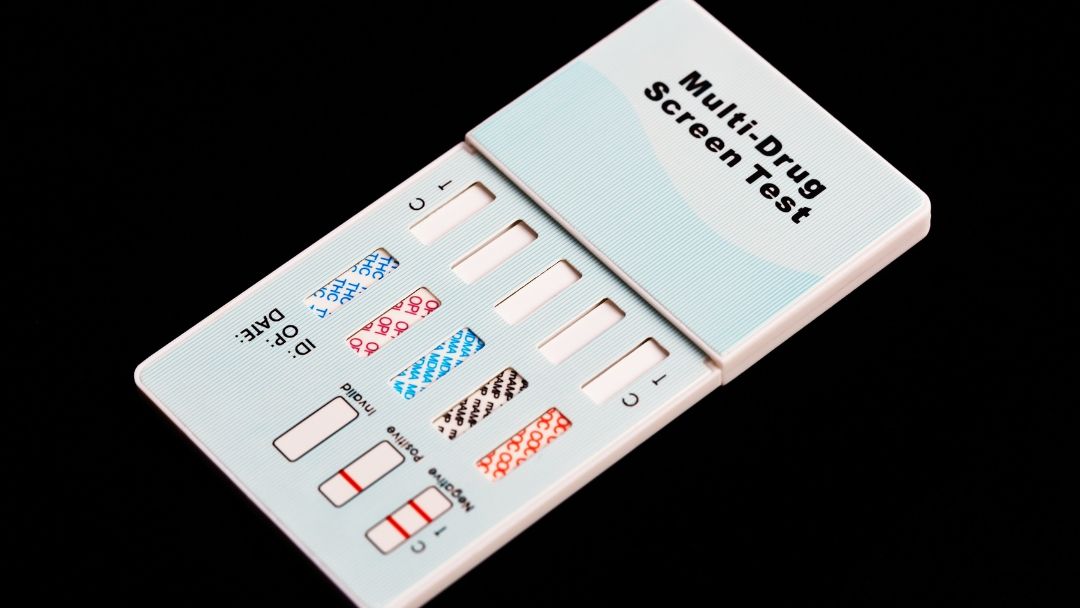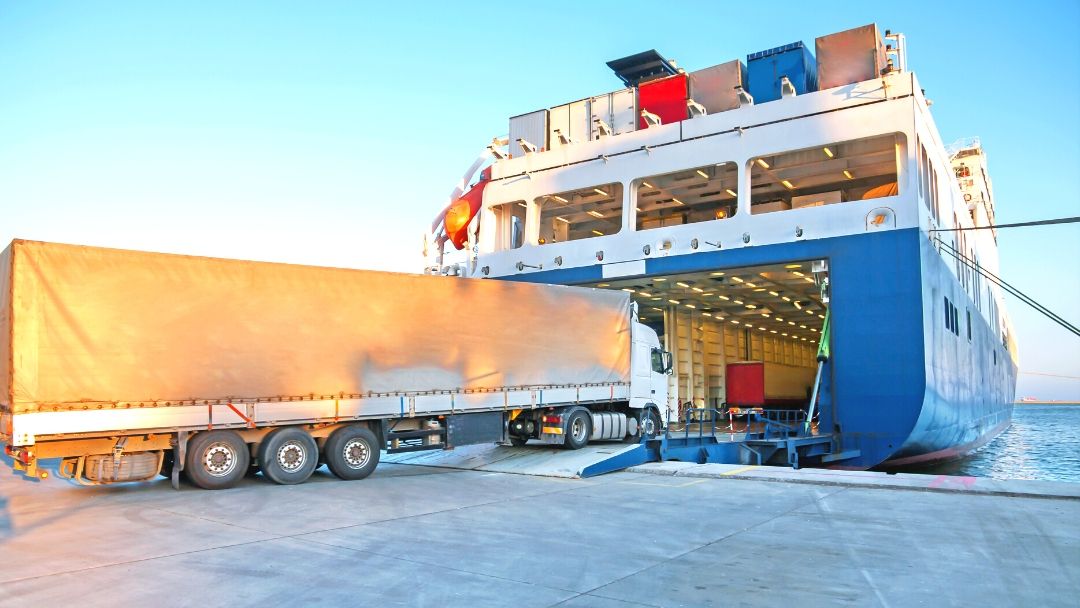Drug and alcohol use in the workplace can pose significant safety risks, impair productivity, and lead to legal liabilities for employers. As a result, many Canadian companies have implemented drug and alcohol testing programs as part of their occupational health and safety initiatives.
Drug and alcohol testing in Canada is regulated by strict laws and regulations, and employers must be aware of their legal obligations before implementing a testing program.
Testing can be instituted by an employer for safety-sensitive positions in four situations, namely, pre-employment, reasonable cause, post-incident, or random. Nonetheless, certain limitations and prerequisites exist that restrict the administration of drug and alcohol testing in these particular circumstances.

What Is a Safety-Sensitive Position?
According to the Canadian Human Rights Commission, a safety-sensitive position is characterized as a role in which an employee has a direct involvement in a workplace operation with minimal supervision, and where impaired performance could lead to a catastrophic incident that endangers the health and safety of the employee.
Additionally, a safety-sensitive position may also refer to a job in which an individual's incapacity due to drug or alcohol impairment could cause harm to other employees or individuals in the work environment.

Drug Testing
In Canada, drug testing is permitted in certain industries, such as transportation, aviation, and energy, where safety-sensitive positions are held. The most common form of drug testing in Canada is urinalysis, which detects the presence of drugs and their metabolites in an employee's system.
Pre-Employment Testing
In order to warrant pre-employment drug testing, the employer must demonstrate the potential risks inherent in the workplace that either (1) make the job highly dangerous or (2) lead to workplace accidents or errors. This information should be clearly outlined in the company's drug and alcohol policy.
It's important for employers to also acknowledge that an individual's refusal or inability to undergo a pre-employment drug test does not automatically justify the withdrawal of a job offer.

Reasonable Cause Drug Testing
When an employer suspects that an employee is impaired on the job and has violated the company's drug and alcohol policy, drug testing may be carried out. This suspicion must arise from objective measures, rather than solely relying on the employer's subjective view of the employee.
For instance, signs of impairment displayed by the employee that sufficiently arouse the employer's suspicion would justify drug testing. Such signs may manifest in actions, behaviour, or physical characteristics that suggest impairment.
For instance, signs of impairment displayed by the employee that sufficiently arouse the employer's suspicion would justify drug testing. Such signs may manifest in actions, behaviour, or physical characteristics that suggest impairment.
Employers must establish the criteria for what constitutes a policy breach in the company's Drug and Alcohol Policy. The policy should also state whether an additional drug test is required before an employee can resume work after a breach.

Post-Incident Drug Testing
In certain circumstances, employers are authorized to carry out drug testing on an employee after a workplace incident occurs. The drug test should be conducted as soon as reasonably possible.
To perform a drug test after an incident, the employer should have a justifiable belief that the employee's actions or inactions could have contributed to the incident and that the employee was likely impaired at the time. It is important to note that the employee must be the main cause of the accident for post-incident drug testing to be necessary, as determined by the Alberta Court of Queen's Bench.
The Canadian Arbitration Board has adopted three considerations to determine the suitability of post-incident drug testing:
- The threshold level required to justify testing
- The degree of inquiry necessary before making the decision to test
- The necessary link between the incident and the employee's situation to warrant testing
Employers should specify the specific scenarios that mandate mandatory post-incident drug testing. The company's drug testing policies should clearly state whether an employee may be subject to post-incident drug testing if there is reason to believe that the employee's actions or omissions caused the accident.

Random Drug Testing
Random drug testing policies must be implemented judiciously and only in limited circumstances. Merely having a dangerous workplace does not automatically justify random drug testing, and any such policy must use the least invasive or most accurate testing methods available.
When implementing a random drug testing policy, employers must proportionally balance their interest in maintaining job safety and performance with their employees' right to privacy and bodily integrity.
One potential justification for random drug testing is a significant substance abuse problem in the workplace, but the employer must provide specific and significant evidence to support this claim.

Transportation-Related Drug Testing
It is important to mention that Canadian law does not require drug and alcohol testing policies for employees in transportation roles. Therefore, employers should consult with the Canadian Motor Carrier Industry before implementing a testing policy that targets transportation employees.
However, if an employer determines that transportation is a safety-sensitive position, they may be able to implement a drug testing policy based on the standards outlined previously. We strongly recommend that employers seek legal advice before making this determination.

